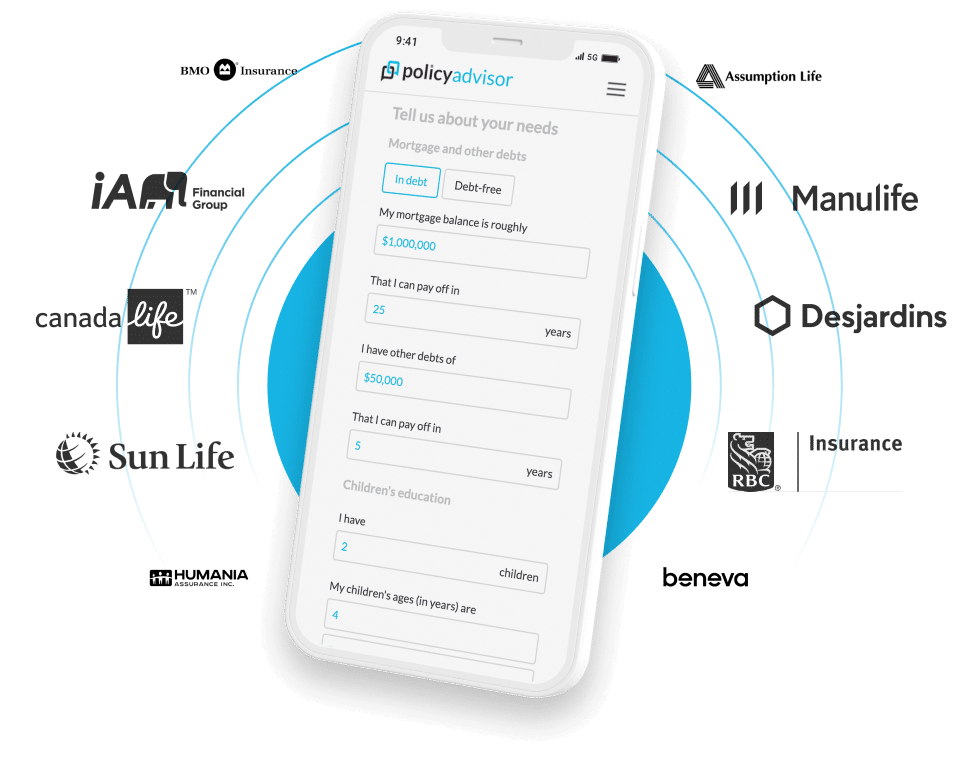
Insurance deductibles help customize your coverage and control the cost of your monthly premiums for home, auto and other types of policies.
What is a deductible?
A deductible is the sum of money you pay towards an expense (like a car or home repair) should you have to file a claim with your insurance provider. In most cases, you pay the deductible and your insurance provider then handles the rest of the expense up to your coverage amount.
For example, let’s say your deductible for auto insurance is $1,000, and you end up in a car accident that results in $10,000 worth of damage. In this case, you would pay the $1,000 deductible and your insurance would cover the remaining $9,000.
Deductibles are a common part of home, auto, and health insurance and exist to give insurance seekers some flexibility in the price they pay for premiums.
How a home insurance deductible works
You are not always required to pay a deductible when you file a claim for your house insurance. Depending on your coverage, there are times where the size of your claim meets the requirements for a deductible waiver which (as you may guess) waives the fee outright. This is often applied to home insurance policies so that if you ever have to make a claim over your coverage limit, you’re no longer responsible for the deductible payment.
Because of the perceived rarity of major home issues, many Canadian’s are comfortable with a higher deductible when it comes to home insurance.
The above also applies to tenant insurance.
How an auto insurance deductible works
Auto insurance deductibles are part of two different kinds of coverage: comprehensive and collision. Whether you blend these coverages or not, you may still have separate deductibles for each. Collision deductibles will apply if you are in an auto accident deemed your fault, while comprehensive deductibles apply if your car is stolen or vandalized.
Insurance seekers can tinker with the deductible amounts for these coverages to achieve the premiums that fit their budget and the coverage they need to feel confident on the road.
Like home coverage, there are instances where the size of the claim may determine you don’t have to pay any deductible at all. Be sure to check your policy to see when that may apply.
Related: How to cancel car insurance
How a health insurance deductible works
Health insurance deductibles are slightly more complicated than others because of the breadth of coverage. Health insurance can encompass prescriptions, paramedical services, emergencies, dental, and so much more. If your health insurance is administered through your workplace benefits, you have little control of your deductible amount, but it’s still good to know how it works.
Some health insurance plans have a single deductible you pay before you can get back any claims you make. Others have a series of smaller deductibles spread across services, thus one deductible for medical equipment and supplies, and another for physiotherapy and massage therapy.
Furthermore, you may be responsible for making copayments or coinsurance for your covered medical services (be it a dollar amount or a percentage), while your insurer then handles the remainder.
Related: Should I get life insurance if I’m covered through work?
What is the right deductible for me?
When it comes to your personal coverage, your budget will always play a role in which deductible is right for you.
Sometimes the deductible amount is set for your coverage and you have little choice but to accept it as part of coverage or find another provider. However, insurance companies generally let you select from a few different options (for example, $2,000, $1,000, or $500) to help you customize your coverage and achieve the monthly premium you want.
Most insurance companies let you adjust your deductibles, although it’s often reserved for when your coverage is up for renewal.




